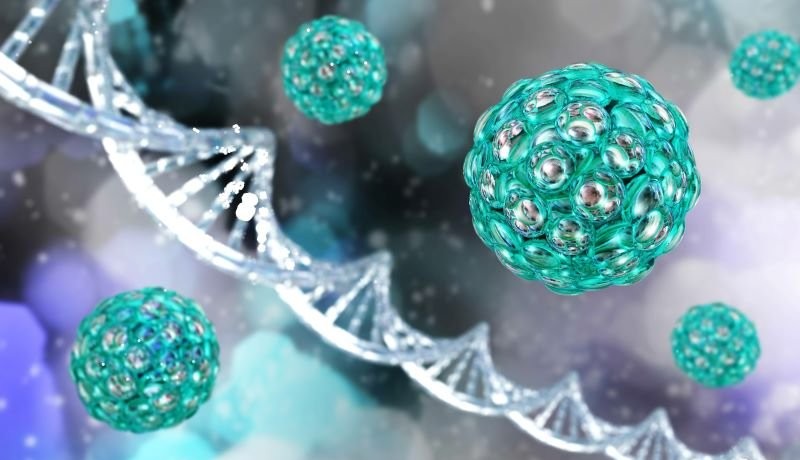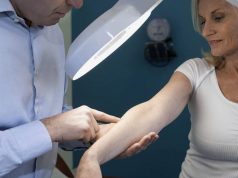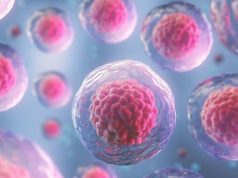Six of 10 patients remained in minimal residual disease-negative complete remission after treatment
By Elana Gotkine HealthDay Reporter
THURSDAY, April 25, 2024 (HealthDay News) — For patients with relapsed or refractory CD7-positive leukemia or lymphoma, sequential CD7 chimeric antigen receptor (CAR) T-cell therapy followed by haploidentical hematopoietic stem-cell transplantation (HSCT) is safe and effective, with remission seen for most patients, according to a study published in the April 25 issue of the New England Journal of Medicine.
Yongxian Hu, M.D., Ph.D., from the Zhejiang University School of Medicine in Hangzhou, China, and colleagues tested a novel all-in-one strategy comprising sequential CD7 CAR T-cell therapy and haploidentical HSCT in 10 patients with relapsed or refractory CD7-positive leukemia or lymphoma. Patients received haploidentical HSCT without pharmacologic myeloablation or graft-versus-host-disease (GVHD) prophylaxis drugs after CAR T-cell therapy led to complete remission with incomplete hematologic recovery.
The researchers found that all 10 patients had complete remission with incomplete hematologic recovery and grade 4 pancytopenia after CAR T-cell therapy. One patient died of septic shock and encephalitis on day 13 after haploidentical HSCT; eight patients had full donor chimerism and one had autologous hematopoiesis. Grade 2 HSCT-associated acute GVHD occurred in three patients. During a median of 15.1 months of follow-up after CAR T-cell therapy, six patients remained in minimal residual disease-negative complete remission, two had CD7-negative leukemia relapse, and one died of septic shock (at 3.7 months). Estimated one-year overall survival and one-year disease-free survival were 68 and 54 percent, respectively.
“Our integrated strategy maximized antileukemic efficacy from both persisting CAR T cells and graft-versus-leukemia potential, providing a feasible approach for patients with relapsed or refractory CD7-positive cancers who are ineligible for conventional allogeneic HSCT,” the authors write.
Abstract/Full Text (subscription or payment may be required)
Editorial (subscription or payment may be required)
Copyright © 2024 HealthDay. All rights reserved.








